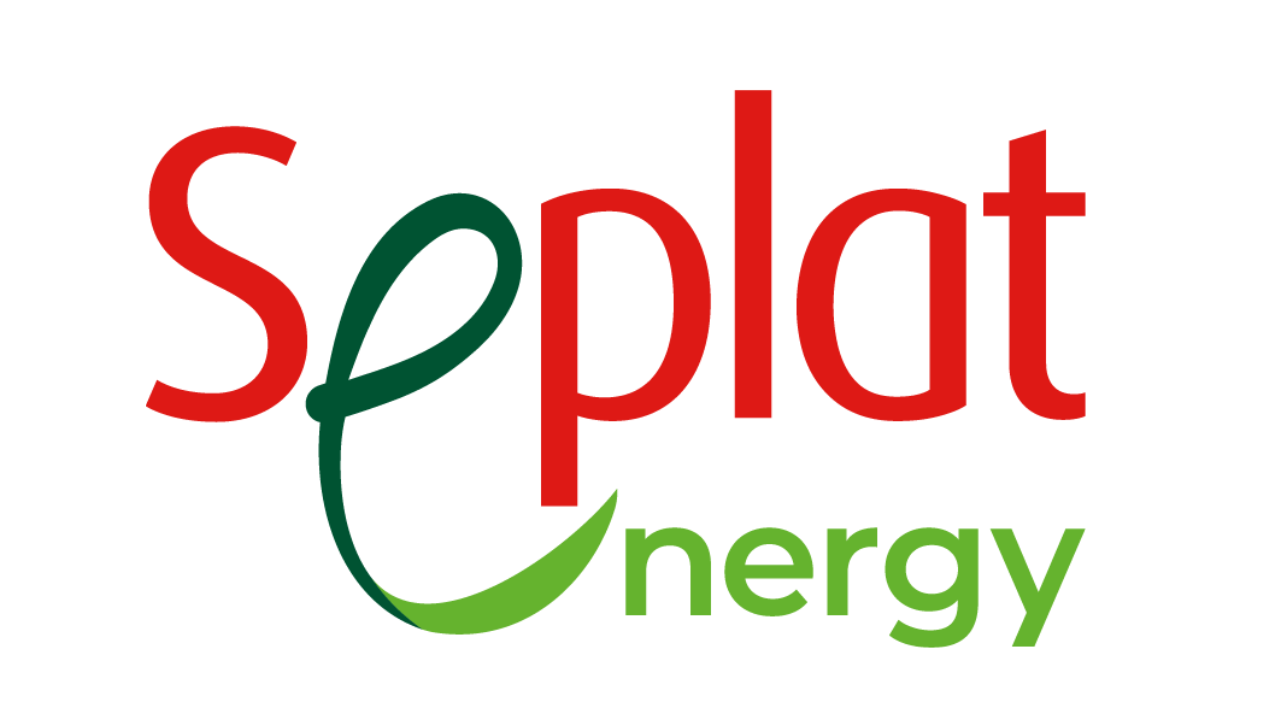Point of Sale (PoS) operators in Nigeria have raised transaction fees by over 50 per cent, attributing the increase to severe cash scarcity caused by banks rationing withdrawals.
With yuletide and end-of-year holidays fast approaching, Nigerians may be thrown into a fresh bout of cash scarcity unless the Central Bank of Nigeria (CBN) takes urgent action to address the current trend.
LEADERSHIP checks reveal that in major cities like Abuja and Lagos, PoS operators have significantly increased their charges for cash withdrawals, with some fees doubling. They blame cash scarcity on difficulties accessing cash from banks and ATMs.
However, LEADERSHIP checks reveal that PoS operators have been besieging Automated Teller Machines (ATMs) to drain them of cash, using different bank cards. Many bankers also sell cash to PoS operators, thereby giving Nigerians no primary option but to deal with them.
RELATED: POS Operators Increase Charges For Withdrawal, Deposit
Recall that the CBN recently ordered banks to prioritise cash disbursement through ATMs, and imposed stiff penalties on banks found to be disbursing cash to naira hawkers.
Despite this order, bank customers still lament the dearth of cash at ATMs across the country, as banking agents extort them with high withdrawal charges.
LEADERSHIP had earlier reported the lack of cash in most ATMs across the country.
Taking advantage of the dry ATMs, PoS operators have increased their charges, with some charging as much as N300 to withdraw N5000.
Although in most locations, PoS operators charge N100 to withdraw between N1,000 and N5,000 and N200 to withdraw above N5,000 and below N10,000, some operators in areas with few operators and dry ATMs charge N100 for withdrawals of N1,000 and N2,000, N200 for amounts above N2,000 and below N5000, and N300 for amounts above N5,000 and below N10,000.
Bank customers complaining of the charges by the PoS operators say they are obliged to pay the excessive charges because the banks are not giving cash.
A bank customer, Mrs Salako in Lagos lamented that while she is not happy with the PoS charges, she has no choice as the bank’s ATMs are always dry and “when you go into the banking hall, they will tell you that you can’t collect more than N5,000.”
In many suburban areas in Lagos, banks’ ATMs are mostly empty, and PoS operators can be found either in front of or in small kiosks beside the banks, offering cash to customers at a fee for those unable to get cash at the ATMs.
With 3.73 million PoS terminals registered and 2.689 million PoS terminals deployed in the country, PoS terminals originally meant for cashless transactions have turned into micro banks with signs on every street across the country.
Although banking agents had been introduced to fill the gap in areas without a banking presence, PoS operators have become cash points even in areas with banks.
Findings show that some of the operators are collaborating with traders who now insist on either cash or transfer to a PoS operator who charges a fee for the transaction. Also some PoS operators milk the ATMs where there is availability of cash until they are dry, forcing bank customers to patronise them.
A bank customer narrating her ordeal at Obafemi Awolowo road in the Ikeja area of Lagos said, “Three POS operators before me used ATM cards to withdraw all cash dePoSited inside the bank machine. The first one collected about N200,000 10 times with different ATM cards.
“The second person collected about N200,000 three times, while the third person, before it got to my turn, collected N200,000 two times but wanted to collect another one before the machine ran dry. Right at the front of the bank, one of them wanted to sell to another customer behind me who could not get anything.”
Meanwhile, CBN, in the circular signed by acting director, currency operations department, Solaja Olayemi, to banks on Friday entitled, “Mystery shopping and spot checks on cash disbursement activities of deposit money banks (DMBs),” the apex bank said it commenced spot checks to ensure efficient and responsible cash disbursement to the public and prevent the disbursement of mint banknotes to persons hawking naira notes.
“Please refer to the subsisting circular on mystery shopping exercise and periodic spot checks on cash distribution/disbursement activities of Deposit Money Banks (DMBs).”
It recalled that these initiatives were introduced to monitor and prevent practices that facilitate the flow of mint banknotes to “hawkers” of naira cash and to ensure that DMBs support efficient and responsible cash disbursement to the public.
The CBN also warned that banks disbursing naira notes to persons hawking the Nigerian currency will be penalised.
“For the avoidance of doubt, it should be noted that: a) DMBs, to whom cash seized from “hawkers” of cash is traced, will be penalised 10 per cent of the total value of cash withdrawn on the day the seized cash was withdrawn from the Central Bank of Nigeria (CBN). Every subsequent offence will be charged an incremental penalty of 5%.”
CBN also warned that banks found engaging in cash hoarding, diversion, or any actions that hinder efficient cash distribution, including violations of the Clean Note Policy, will incur appropriate sanctions.
“As we approach the yuletide season, with an anticipated increase in cash demand. DMBs are advised to implement internal controls for responsible disbursement and accountability in respect of mint banknotes payouts at their outlets. To enhance access to cash, we encourage banks to prioritise cash distribution through ATMs,” it stated.
CBN further asserted that during the yuletide season, it will collaborate with relevant law enforcement agencies to intensify spot checks and mystery shopping activities to monitor and enforce responsible cash distribution and prevent naira abuse.

 2 hours ago
23
2 hours ago
23













![Ondo Election: ‘He Didn’t Even Win His LG, I Am More Popular’ – Aiyedatiwa Taunts PDP’s Ajayi [Video]](https://www.naijanews.com/wp-content/uploads/2024/11/gov-lucky-aiyedatiwa-and-agboola-ajayi.png)

 English (US) ·
English (US) ·